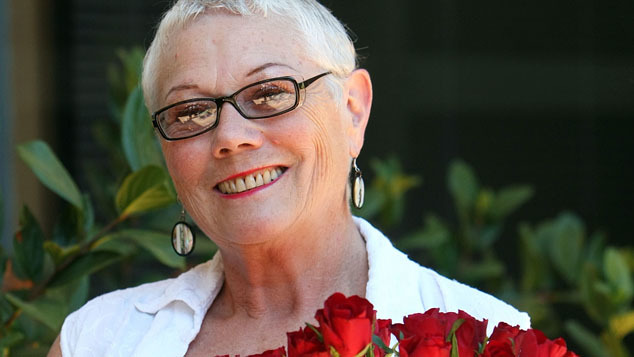 I’m worried that my boyfriend may not be gay after all. I’m the first guy he’s been with, but I’m beginning to suspect that it’s just a phase he’s going through. What’s the best way to bring this up as a conversation?
I’m worried that my boyfriend may not be gay after all. I’m the first guy he’s been with, but I’m beginning to suspect that it’s just a phase he’s going through. What’s the best way to bring this up as a conversation?
Yeah, this could be quite frustrating and confusing – a whole bucket of emotions surfacing within you. Possibly some you can’t even put a name to. More frustration.
We often believe that we ‘know’ the person we are connected to – but then, do we ever really ‘know’ one another? Do we ever really ‘know’ ourselves? Are we absolutely sure that we know how we will react or respond to any situation or change of direction in our own lives?
It’s good to see that you have identified the core issue; you have realized that you need a conversation. In all aspects of relationships, communication is vital.
Way back in ‘ancient’ times – the early 1960s! – Marshall Rosenberg theorized that in order for our communication to achieve its best result, we need to focus on three aspects: self-empathy, defined as a deep and compassionate awareness of one’s own inner experience; empathy, stated as listening to another with deep compassion and honest self-expression, which is seen as expressing oneself authentically in a way that is likely to inspire compassion in others. A useful tool to encompass this is the OFNR technique:-
• Observation: talk about what we see, hear and touch as distinct from any evaluation of meaning and/or significance. Often, if we combine observation with evaluation, others may see this as criticism and resist what we are saying. Tell your friend what you see and hear from him.
• Feelings: emotions or sensations, free of thought and story. When we identify our own feelings and share them, it allows us to more easily connect with the other person. Remember: keep sharing of feelings free of thought. Let your friend know that you are confused, unsure and maybe frustrated in some way.
• Needs: We all have needs and all actions are attempts to meet needs. Feelings point to needs being met or unmet. Share your need to be certain about the status of your relationship.
• Request: Ask for a specific action, free of demand. Requests are distinguished from demands in that one is open to hearing a response of “no” without this triggering an attempt to force the matter. If a request does receive a “no”, it is not suggested that one give up, rather that one empathizes with what is preventing the other person from saying “yes”. When stating a request, use clear, positive and concrete action language.
Possible example: I see some emerging hesitation in our relationship and I feel confused. I need to know where you are in your sexuality – be it gay, bi or straight – and I would like to talk about this over a meal.
I had an argument with a great friend for whom I have the upmost respect. We disagreed but I thought we could ‘agree to disagree’. Now she’s totally blanked me, deleting me on Facebook and ignoring me in person. How do I tell her to get over it without upsetting her more?
The short answer? You can’t ‘tell’ her anything. Sorry.
However, there are some things you can ‘do’. Or rather, ‘be’. After all, we are human beings, not human doings. If we concentrate on the ‘being’ part of ourselves, the ‘doing’ will come naturally.
• Let go of any desire or belief that you can change anyone. We can only change ourselves. In letting go, you will change; the confusion you feel will lessen and you will be free to continue to ‘be’.
• Be yourself. You have great respect for your friend. Just keep showing that in all the variety of ways you can: speak with respect of her to others, speak calmly and with respect to her personally whenever the chance arises.
• Agreeing to disagree is certainly the ideal. But it takes time, it takes a willingness to be vulnerable; to share our needs, our desires. It requires both parties to the conflict to spend that time. If one person is not willing to spend that time, there is very little the other party can do.
• The wheel keeps moving: keep being yourself, a person who respects another person. A person who is not going to allow confusion and any resultant bitterness cloud you, distort you. And as the wheel keeps rotating, hopefully your friend may pick up your messages.
And most importantly of all, be kind to yourself. Do not beat yourself in a belief that you are failing because she will not ‘get over it’. She may or may not ‘get over it’. If she doesn’t, it is not your fault. Let go and move on and take care.
Please send questions on relationships to Elizabeth Brennan, Relationships Australia, PO Box 1206, West Leederville, WA 6901, or email elizabeth.brennan@wa.relationships.com.au Elizabeth is only able to answer your enquiries in print in OUTinPerth and cannot give personal replies.





